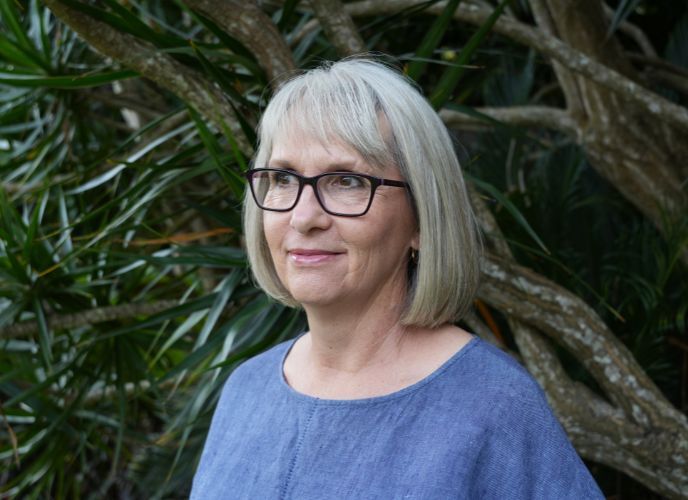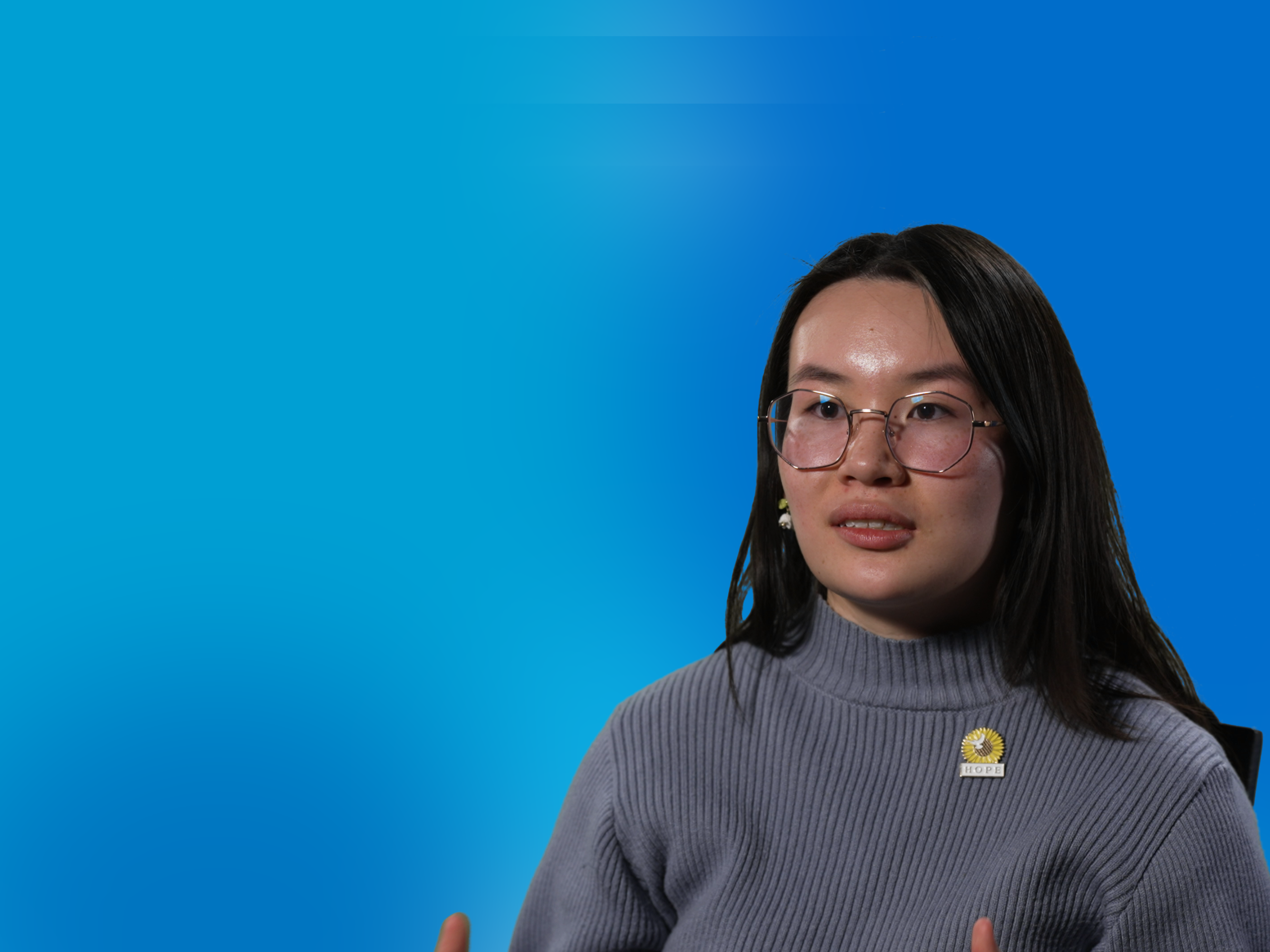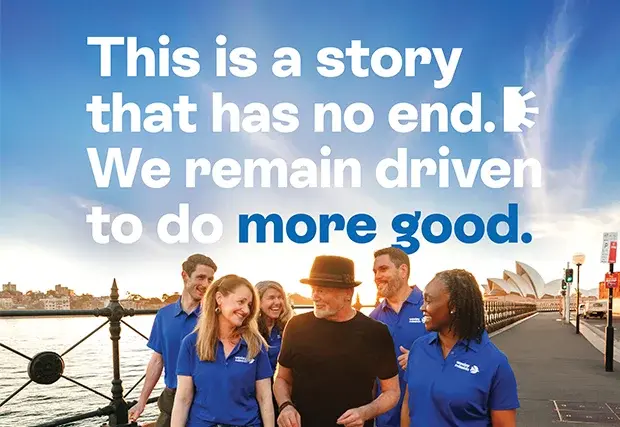Imagine leaving everything behind. Fleeing conflict, persecution, unimaginable trauma. The journey here is hard, but for many seeking refuge in Australia, the fight isn't over when they arrive. The unseen scars of trauma, displacement, and uncertainty take a heavy toll. They weigh heavily on mental health, often making people vulnerable when they should feel safe.
This reality calls for support that truly understands. It needs help that speaks their language, literally and culturally. Stepping up to this vital need, Wesley LifeForce has worked for five years to build something different: Australia’s first suicide prevention training designed with, and for, refugee and asylum seeker communities.
As our National Training Manager, Bethany Farley, recently shared with Nic Healey on ABC Mornings Statewide Victoria, this wasn't a quick fix. It's a deeply collaborative effort, built together with survivors and experts like STARTTS (NSW Service for the Treatment and Rehabilitation of Torture and Trauma Survivors).
"We looked at the training we've delivered for decades," Bethany explained, "and asked: 'What works here? What needs to change? How do we make sure this feels accessible and real for your communities?
Bridging the gap, one conversation at a time
Standard suicide prevention tools are vital, but they don't always speak the language of lived experience for those who have fled unimaginable circumstances. Trauma shapes how people trust, how they ask for help. Navigating systems, dealing with authority figures – these can be terrifying for someone who’s only known these things in moments of danger.
This new training doesn't shy away from these complexities. It faces them head-on, built on trust and understanding. It's been translated into six languages, breaking down the walls language can create.
But language is only one part. The real magic happens through the ‘Train the Trainer’ model.
Empowering community leaders to lead the way
We know suicide prevention. Wesley Mission started Lifeline 63 years ago. Crisis intervention is in our DNA. But the real experts in walking alongside refugee and asylum seeker communities are the bicultural workers themselves – many of whom have walked a similar path. They get it.
Our ‘Train the Trainer’ model empowers these trusted community leaders. We train them, equipping them with life-saving skills. They then deliver workshops within their own communities, in their own language, with the deep cultural understanding that only lived experience can bring.
"They bridge that gap," Bethany said. "They can speak the language, understand the context, and talk about these sensitive issues in a way that truly connects."
The program is rolling out across NSW, Queensland, Victoria, and WA. We’re also partnering with La Trobe University, because we’re committed to listening, learning, and making sure this training continues to meet the real needs of the people it serves.
Everyone has a part: The shield of belonging
During Refugee Week, Bethany offered a powerful reminder for all of us. Everyone, everywhere, has a part to play in preventing suicide.
"When people feel safe," she shared, "when they feel connected to their community, when they feel valued – that is an incredible protective factor against suicide."
Feeling you belong. Knowing someone sees you, hears you. These aren't just abstract ideas. They are powerful shields against despair.
Whether you’re part of a refugee community, work with one, or are simply a neighbour walking down the street, your actions can help build a more inclusive Australia. An Australia where everyone feels safe, connected, and valued. An Australia where hope is always within reach.
This culturally led training is a vital tool. It’s a testament to listening, collaborating, and ensuring support is available to those who need it most, in a way that truly respects their journey. It's Wesley LifeForce standing, relentlessly, with those who have fled.
To find out more about Wesley Mission does in suicide prevention, head to Wesley Lifeforce



